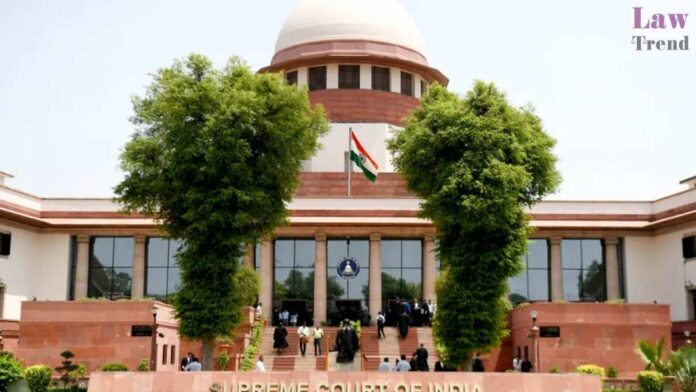The Supreme Court of India has, for the third time, set aside a bail order from the Allahabad High Court for an accused, Waseem, in a murder and rioting case. A bench of Justices Ahsanuddin Amanullah and S.V.N. Bhatti quashed the bail, stating that the High Court’s order not only failed to give “due deference”
To Read More Please Subscribe to VIP Membership for Unlimited Access to All the Articles, Download Available Copies of Judgments/Order, Acess to Central/State Bare Acts, Advertisement Free Content, Access to More than 4000 Legal Drafts( Readymade Editable Formats of Suits, Petitions, Writs, Legal Notices, Divorce Petitions, 138 Notices, Bail Applications etc.) in Hindi and English.




